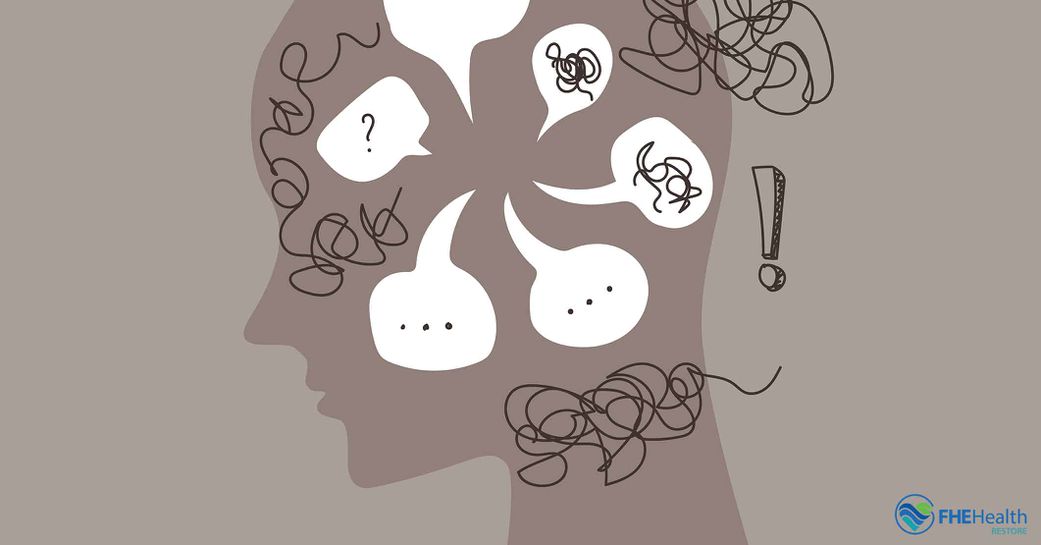If you constantly feel drained, these might be the 5 hidden reasons

Feeling persistently exhausted despite getting adequate rest? While occasional tiredness is normal, chronic fatigue can be a sign of underlying issues.
Here are seven often-overlooked factors that might be sapping your energy.
1. Nutrient Deficiencies
Essential vitamins and minerals play a pivotal role in energy production. Deficiencies in iron, vitamin D, B12, and magnesium can lead to decreased energy levels. For instance, iron-deficiency anemia impairs oxygen transport in the blood, resulting in fatigue.
Ghanaian journalist Kofi Adoma shares a heartfelt message to his wife, Miracle, celebrating her joy and his restored vision months after a devastating eye injury at the Kwafie Festival.

Similarly, low vitamin D levels, especially prevalent during winter months, can contribute to tiredness. Regular blood tests can help identify and address these deficiencies. (Healthline)
READ ALSO: 7 healthy habits to support your liver
2. Poor Sleep Quality
It’s not just about the quantity of sleep but its quality. Sleep disorders like insomnia or sleep apnea can disrupt restful sleep, leaving you feeling unrefreshed. Additionally, inconsistent sleep schedules, excessive screen time before bed, and an uncomfortable sleep environment can hinder sleep quality.

Establishing a consistent bedtime routine and creating a conducive sleep environment can make a significant difference. (New York Post)
3. Chronic Stress and Mental Health Issues
Prolonged stress triggers the body’s fight-or-flight response, leading to hormonal imbalances that can cause fatigue. Mental health conditions like depression and anxiety further exacerbate this, often leading to disrupted sleep and decreased motivation.

Engaging in stress-reducing activities, seeking therapy, or practicing mindfulness can help alleviate these effects.
4. Dehydration
Even mild dehydration can impact energy levels. Water is essential for various bodily functions, and a lack of it can lead to decreased blood volume, making the heart work harder and resulting in fatigue.

Ensuring adequate hydration throughout the day is crucial for maintaining optimal energy.
ALSO READ: 5 signs you may need to see a therapist
5. Sedentary Lifestyle
While it might seem counterintuitive, lack of physical activity can lead to decreased energy levels. Regular exercise boosts circulation, improves mood, and enhances sleep quality—all factors that contribute to increased energy.

Incorporating even light physical activity into your daily routine can make a noticeable difference.
ALSO READ: 6 money habits that quietly make you less attractive to potential partners
Chronic fatigue can stem from various factors, ranging from lifestyle choices to underlying medical conditions. By identifying and addressing these hidden culprits, you can take proactive steps towards regaining your energy and improving overall well-being. Remember, if fatigue persists, seeking medical advice is crucial to rule out any serious health concerns.







